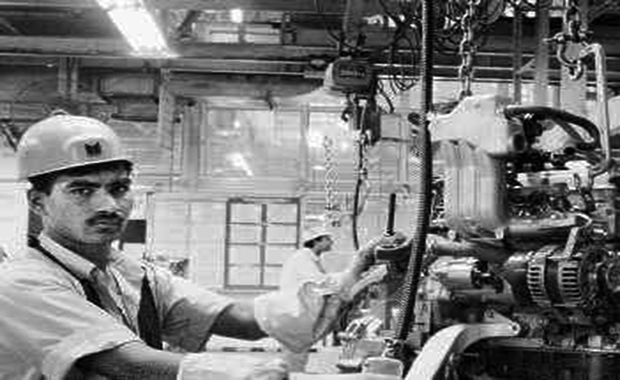India – What hinders its development?
Some thoughts on the interesting book “In Spite of the Gods – The Strange Rise of Modern India” by Edward Luce, the former Financial Times’ Washington Bureau Chief. He was the FTs’ South Asia Bureau Chief based in New Delhi.
While his conclusion is that India will become an economic super power, its many negatives will delay its development.
Some of the negatives:
• Its massively ineffective and corrupt “quasi-socialist” political system.
• Labor laws are too restrictive, cannot fire or lay off any employees, even if they are criminals, which supports the case for outsourcing only and not investing in 100% owned operations.
• Literacy in China is 90%, in India it is 65% – female literacy is 48%. Focus in India is on university education, not elementary school education which China has focused on to build a viable work force. By comparison, the USA’s literacy rate was 90% during its industrial and economic ascendancy in the 1800s.
• India lacks investment in infrastructure, just starting to build roads and highways.
• Bulk of its population lives in small villages, not an urbanized country most developing countries tend toward. Of 1 billion population, 750 million live in small villages.
• People are not motivated to seek a better life, caste system is an obstacle, lack of ambition somewhat stifled by elite strata which are still very British oriented.
• Corruption is pervasive and extensive. Bribes are commonplace.
• A telling difference between China and India is that China has accepted capitalism. Surprisingly for China’s controlling government, its economy is based on market-driven industrialization. India has not accepted capitalism with its over-regulated private sector which is a draw back to growth and development.
An interesting fact:
India’s police have “encounter specialists” which are policemen who kill criminals the police decide are guilty – prior to a trial. India has a 27 million criminal and civil case backlog. Police kill criminals because evidence gets lost, witnesses die, low-paid judges are easy to bribe and it takes too long for cases to come to trial.
Tweet
